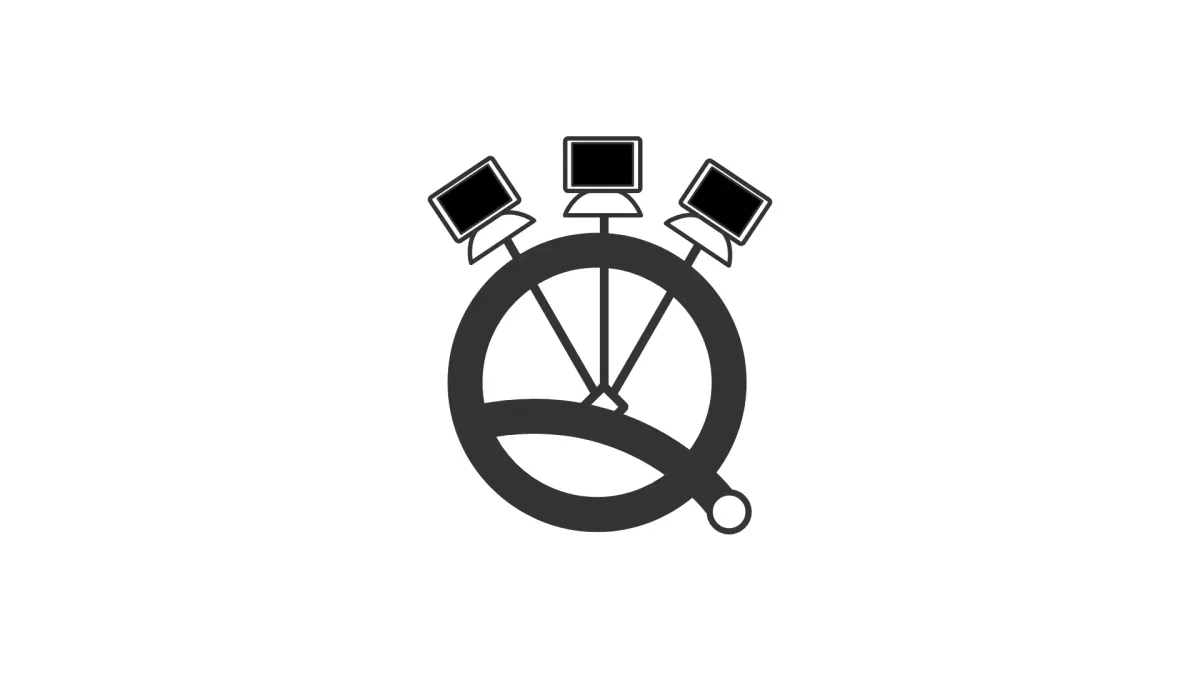Quantum Computing and Web Servers: Are We Ready?
Quantum computing brings unparalleled power and unprecedented risks to web servers. Learn about its impact on security, encryption, and the future of hosting.

Table of Contents
Quantum computing is no longer science fiction—it’s here, evolving, and poised to reshape industries. But for web servers, the arrival of quantum technology raises both excitement and alarm. While quantum computers promise unparalleled computational power, they also pose significant threats to encryption, data security, and the very foundation of web hosting as we know it.
Are we prepared for the quantum era, or are we walking into a security nightmare? Let’s dive into what quantum computing means for web servers, the potential risks, and how we can start preparing now.
What is Quantum Computing?
Unlike classical computers, which process data in binary (0s and 1s), quantum computers use qubits. Qubits can exist in multiple states simultaneously, thanks to properties like superposition and entanglement. This makes quantum computers exponentially faster at solving certain problems, including those that underpin modern encryption.
The Good: Potential Benefits for Web Servers
- Unmatched Optimization
Quantum computers could optimize server resources, improving load balancing, reducing latency, and enhancing overall performance. - Advanced Threat Detection
With quantum-powered algorithms, identifying and mitigating cyber threats could become more precise and proactive. - Big Data Processing
Quantum computing can process vast amounts of data in seconds, making it ideal for analytics-heavy applications hosted on web servers.
The Bad: Threats Quantum Computing Brings to Web Servers
- Breaking Encryption
Most web servers rely on RSA and AES encryption for secure communications. Quantum computers could crack these encryptions in mere minutes, exposing sensitive data to attackers. - Data Privacy at Risk
Encrypted data stored today could be decrypted by quantum computers in the future, making “hack now, decrypt later” a real concern. - Server Security Challenges
Traditional security measures like firewalls and intrusion detection systems may become obsolete in the quantum era. - Unprepared Infrastructure
Most current web servers aren’t designed to handle quantum-era demands, leaving them vulnerable to quantum-based attacks.
Preparing Web Servers for the Quantum Era
- Adopting Post-Quantum Cryptography
- Start transitioning to quantum-resistant encryption algorithms like lattice-based or hash-based cryptography.
- Monitoring Industry Standards
- Keep an eye on organizations like NIST, which are working on standardizing post-quantum cryptographic solutions.
- Hybrid Cryptography Models
- Use a combination of classical and quantum-resistant algorithms to ensure security during the transition phase.
- Regular Security Audits
- Continuously evaluate and update server configurations to address emerging quantum threats.
- Invest in Education and Training
- Equip your team with knowledge about quantum computing and its implications for server management and security.
Are We Ready for Quantum Computing?
The reality is, most web servers are not yet prepared for the challenges quantum computing will bring. The technology is advancing faster than many businesses can adapt, and the risks are too significant to ignore.
Web hosts, developers, and IT professionals need to act now by embracing quantum-resistant technologies, investing in research, and staying ahead of the curve. The transition won’t be easy, but it’s a necessary step to secure the future of web hosting.
Conclusion
Quantum computing is both a powerful tool and a looming threat. For web servers, it represents a turning point—one that could redefine how we secure, manage, and optimize online data. The question isn’t if quantum computing will disrupt web servers, but when.
The good news? With proactive measures, we can prepare for this shift and ensure that our web servers remain robust and secure in the quantum age. Let’s start preparing today, before it’s too late.
FAQs
What is quantum computing?
Quantum computing uses qubits to process information, offering exponentially faster computation than classical computers.
How does quantum computing affect web servers?
It could optimize performance but also poses risks to encryption, data privacy, and traditional server security measures.
Can quantum computers break current encryption methods?
Yes, quantum computers could potentially crack RSA and AES encryption, compromising secure communications.
What is post-quantum cryptography?
It refers to encryption methods designed to resist attacks from quantum computers, ensuring long-term data security.
Are current web servers ready for quantum computing?
Most web servers are not prepared and rely on classical encryption vulnerable to quantum attacks.



